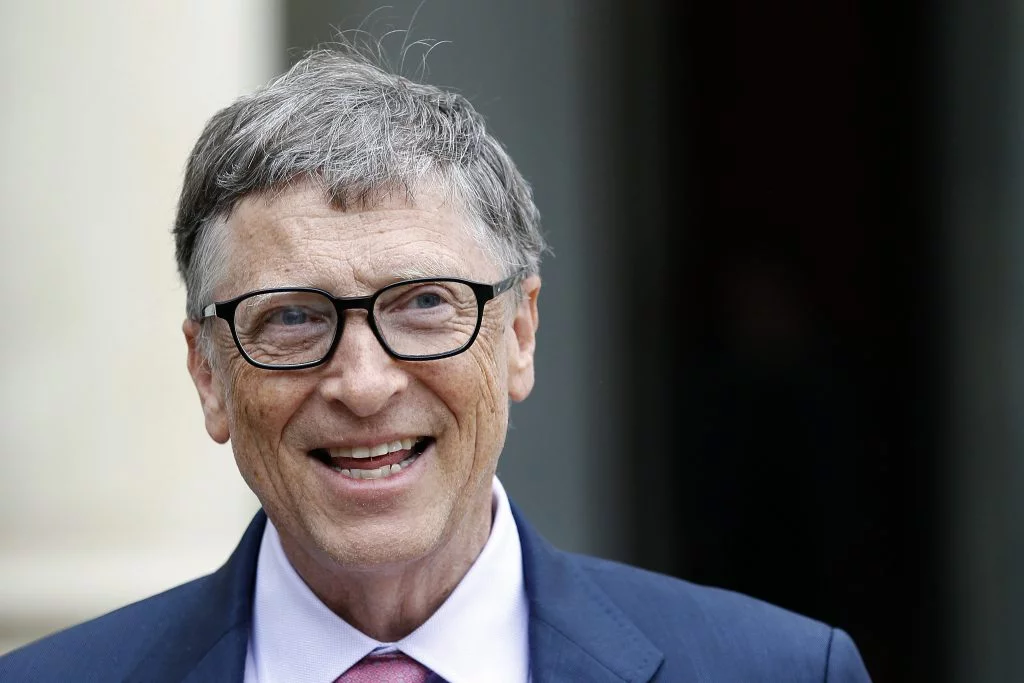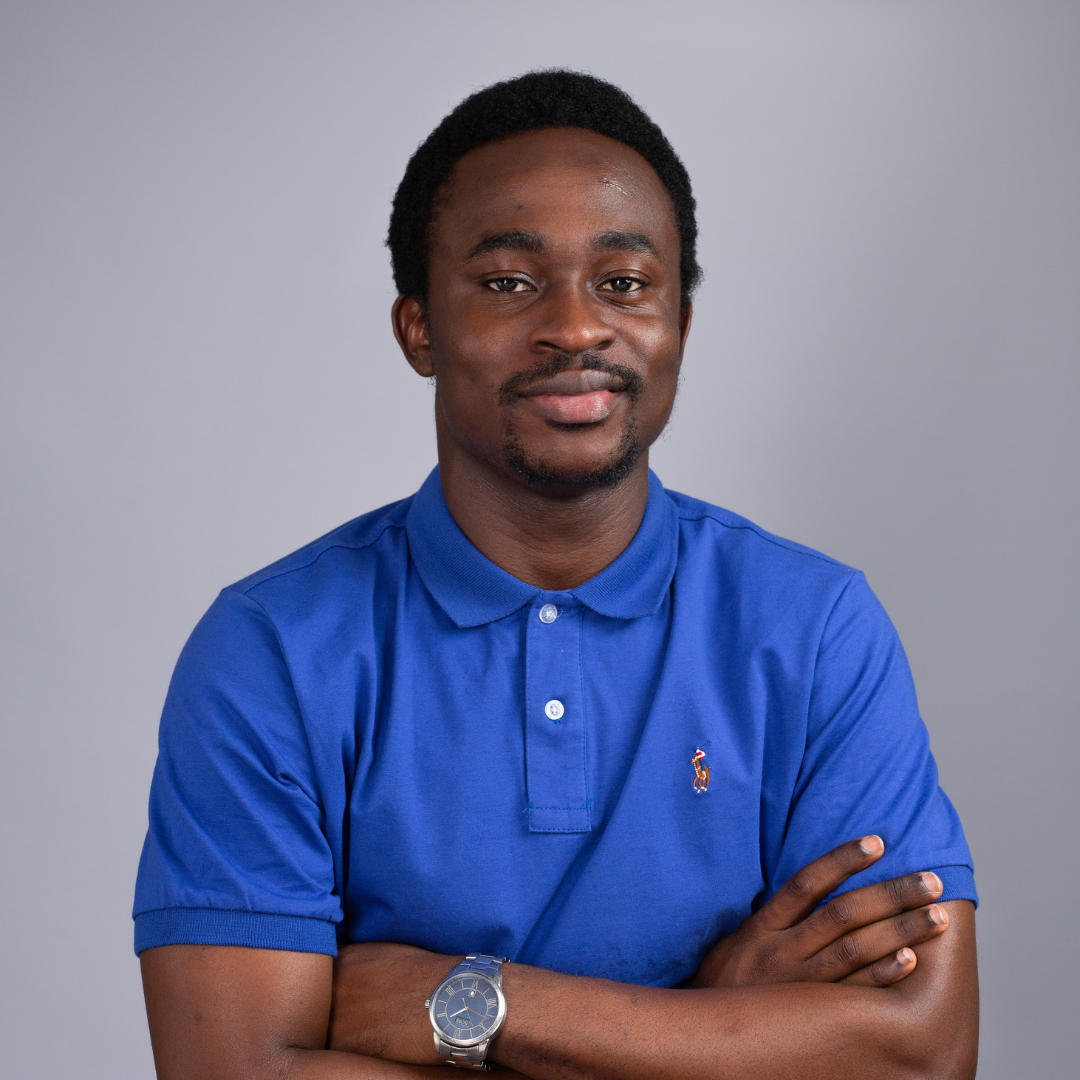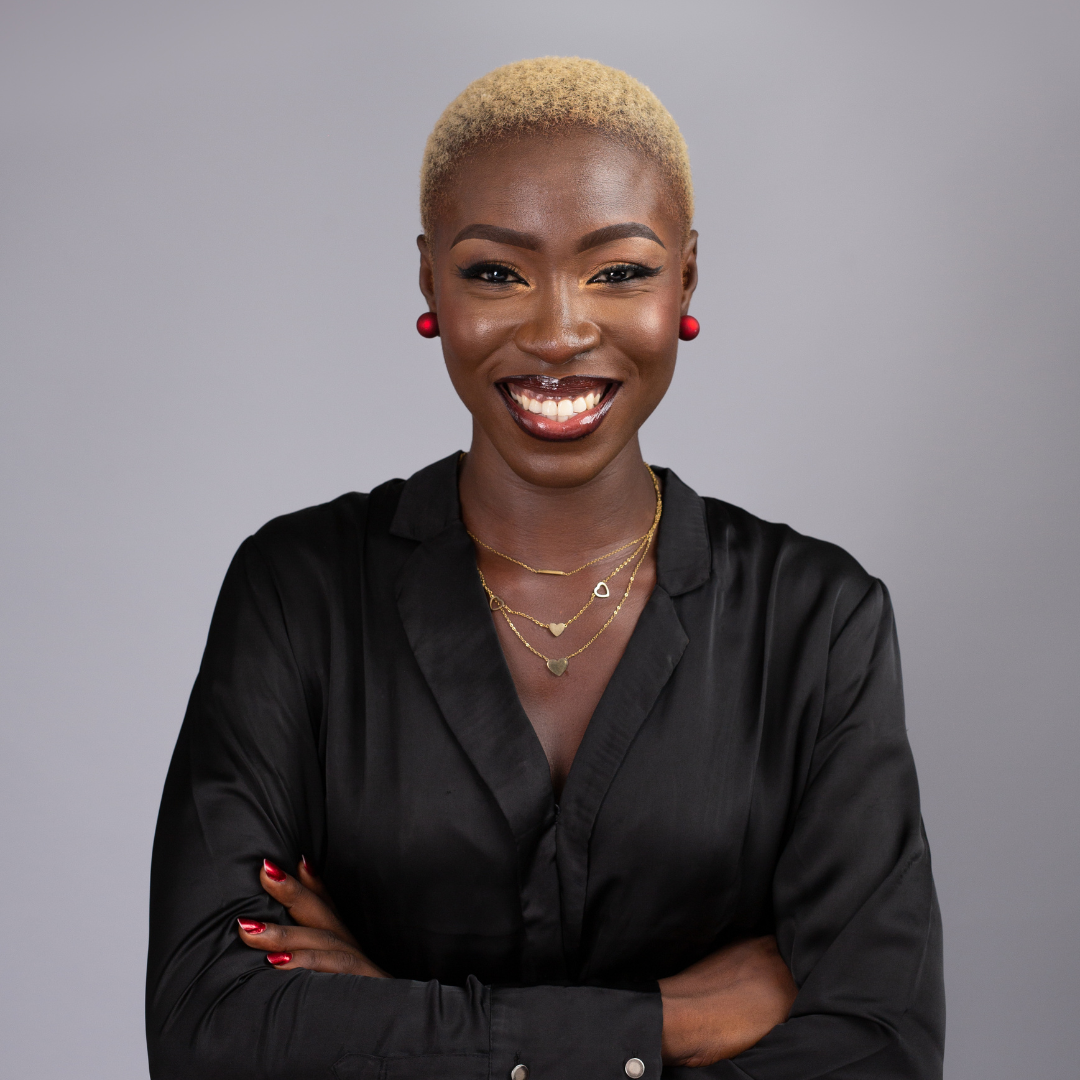At an event in Lagos, Bill Gates shared what his charity foundation wants to achieve in Nigeria and the potential for AI to be implemented in its work.
Bill Gates, the co-founder of Microsoft and the Bill and Melinda Gates Foundation, shared insights today into the foundation’s plans during an event co-hosted by Lagos Business School and the Co-Creation Hub. The event, titled “Advancing Africa: Unleashing the Power of Youth in Science and Innovation,” touched on the foundation’s past achievements and its plans to improve education, health, and agriculture in the country through partnerships with organisations and the support and deployment of technological innovation in the country.
In his speech, Gates said that the foundation would continue to build on the work it had done so far “to reduce the big equity gaps” in Nigeria. The foundation has been supporting innovators in Nigeria since as far back as 2009, and going by Gates’ speech, it wants to double down on its progress.
Bill Gates on digital finance
According to Gates, his foundation has improved digital finance in countries like Kenya, with a focus on women’s empowerment. In Nigeria, Gates said that the foundation would seek to replicate its efforts in those countries. “We have seen new apps that weren’t here a few years ago, and they are scaling up. But so far, we haven’t managed to get those up to the north and women, and so there’s this rural-urban divide in terms of accessing those tools.”
To remedy this “divide”, Gates announced that the foundation would invest and partner with Nigerian “entities” to improve the quality of internet connections, the number of digital banking agents, and the digital identification system. “There’s work to do,” he said.
One example of the foundation’s intervention in Nigeria is a grant that was awarded to Paga from EFInA, a non−profit organisation funded by the Bill & Melinda Gates Foundation, in 2012.
Bill Gates on artificial intelligence
Gates noted the potential of AI for the foundation’s work. “ [Soon,] AI is going to be used for things like designing malaria drugs.” He also disclosed that the Gates Foundation had put out a challenge asking innovators to develop AI technology that can reduce inequity. “We reached out and got 1,300 proposals, and half of those came from Africa. In my next visit back to the continent, which will be in October in Senegal, we’ll have a chance to celebrate the winners of that contest.”
Bill Gates on healthcare
For Gates, Nigeria’s healthcare system reflects the country’s inequity. “It’s in health that we see the most dramatic gaps. If you look across the country, a mother’s chance of surviving childbirth or the chance for a child to grow up healthy varies quite dramatically in some Nigerian states”.
He revealed that the foundation had been partnering with Nigerians to solve some aspects of this problem. One solution that the foundation has been working on is the challenge of anaemia in pregnant women. The foundation has been working with Professor Bosede Afolabi, a lecturer at the University of Lagos, to develop a cost-effective solution.
“In the past, anaemia was treated by daily vitamins, but that simply doesn’t work in modern or severe anaemia. The approach that she [Afolabi] is piloting is using intravenous administration, where just for one time, for about 15 minutes, sometime in the second trimester, you give this infusion, and what we’re seeing are dramatic results.” He added that the solution could soon be made available to the entire country.
Bill Gates on agriculture
Gates also touched on how the foundation planned to invest in Nigeria’s agriculture industry. He said that he is also looking forward to supporting more digital innovations, such as technology that supports biofertilizers and better seeds and enables farmers to use cell phones to get weather information out and to give advice to farmers.
“Nigeria has great land, and there’s no reason that it shouldn’t be a net exporter instead of a net importer. And we see that problem now with the turmoil in Europe with the Ukraine war that’s driven food prices up to the detriment of Africa, rather than that coming out as an opportunity for greater exports and job creation,” Gates said.























